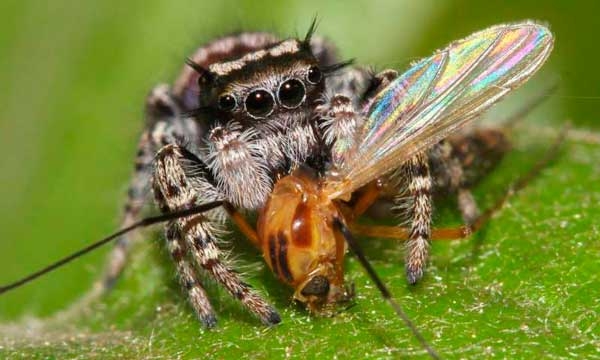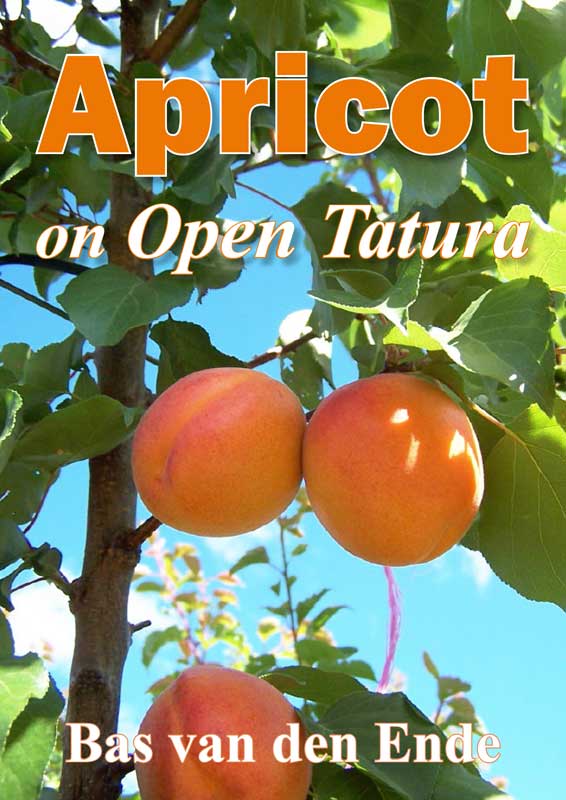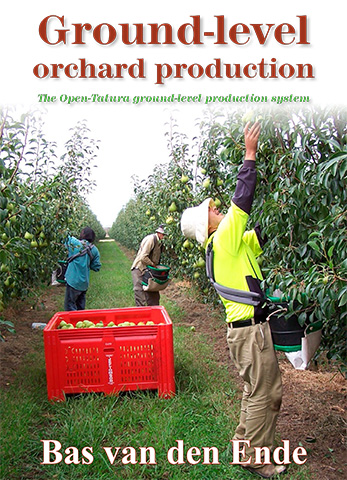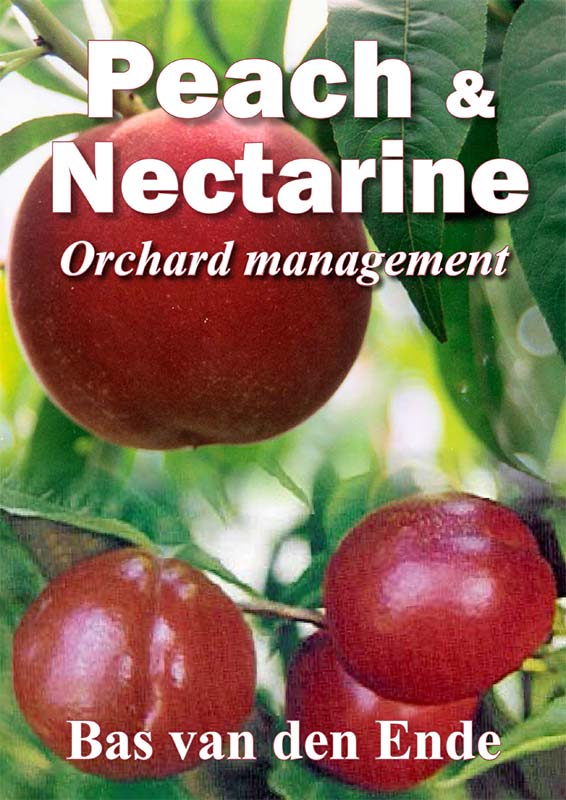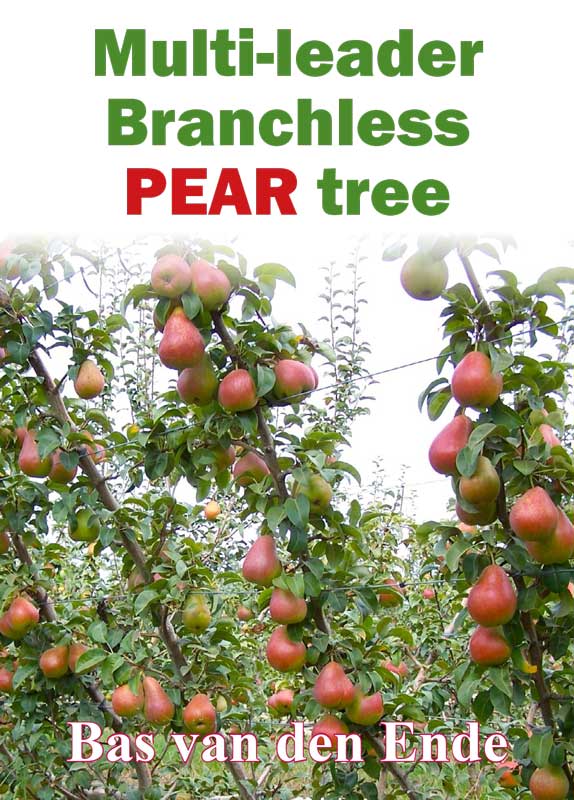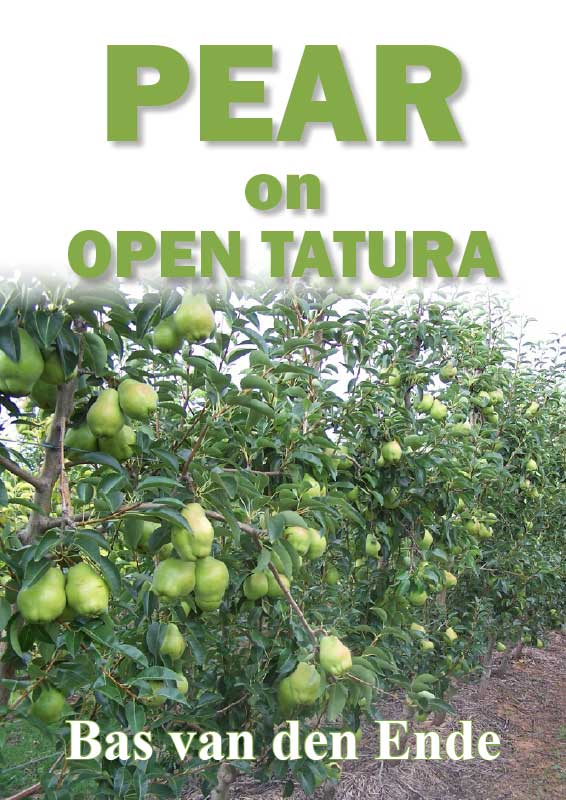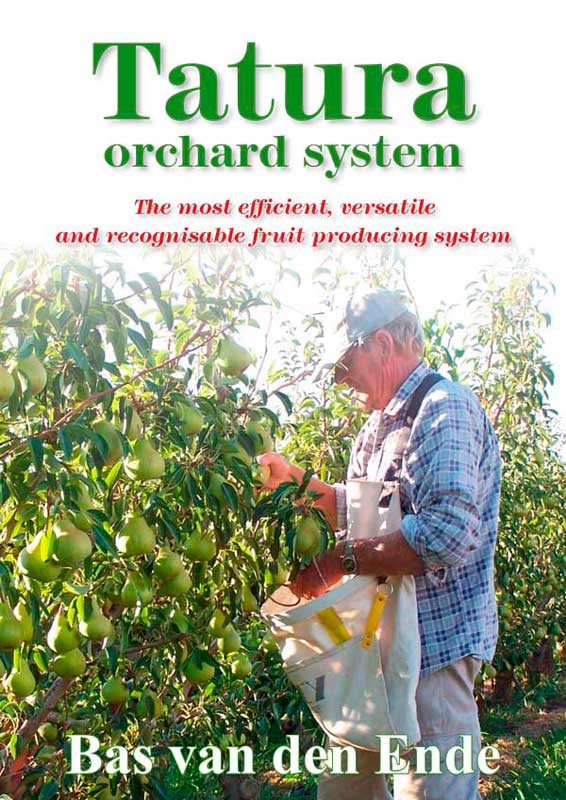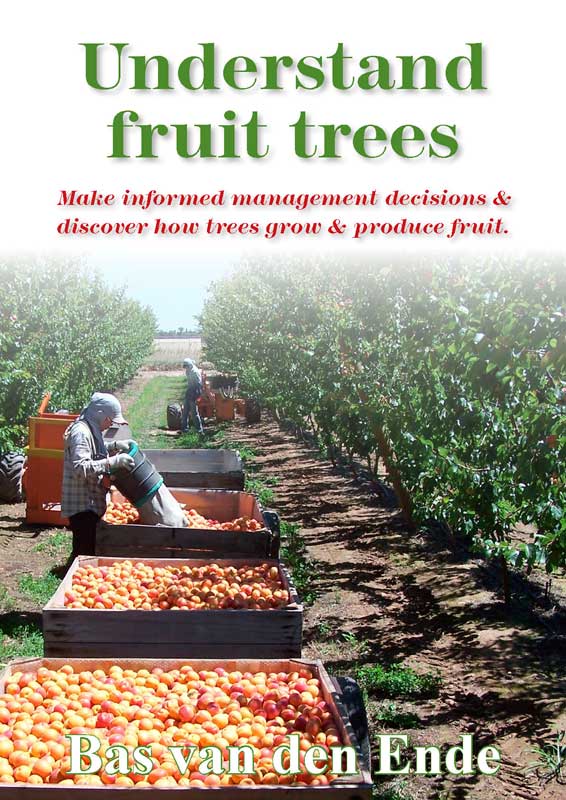If you practice IPM, what better ally is there than this group of predators?
It has long been suspected that spiders are one of the most important groups of predators of insects.
Zoologists have shown just how true this is—spiders kill astronomical numbers of insects on a global scale. The scientific journal The Science of Nature has published the results.
With more than 45,000 species and a population density of up to 1000 individuals per square metre, spiders are one of the world’s most species-rich and widespread groups of predators.
Due to their secretive lifestyle (many spiders are nocturnal or live well camouflaged in vegetation) it was previously difficult to demonstrate their ecological role, but zoologists at the University of Basel and Lund University (Sweden) have now used calculations to conclude that spiders indeed have an enormous ecological impact as natural enemies of insects.
Spiders kill vast numbers of insects
The researchers showed that the global spider population (with a weight of around 25 million tons) wipes out an estimated 400–800 million tons of prey every year. More than 90% of that prey is insects and springtails (Collembola).
Some large tropical spiders occasionally prey on small vertebrates (frogs, lizards, snakes, fish, birds, and bats) or feed on plants.
Compare this to the worldwide human population, we consume around 400 million tons of meat and fish every year.
The spider’s eating habits can even be compared to those of the whales (Cetacea) in the world’s oceans, which eat an estimated 280–500 million tons of prey a year.
Importance of spiders in forests and grasslands
The zoologists also showed that spiders kill many times more insects in forests and grasslands than in other habitats.
Spiders in these areas catch huge numbers of forest and grassland pests. The spiders’ impact is lower in agricultural areas because these are intensively managed areas that offer unfavourable living conditions for spiders.
“Spiders are major natural enemies of insects. Together with other insectivorous animals such as ants and birds, they help to reduce the population densities of insects significantly,” says Martin Nyffeler from the University of Basel, lead author of the study.
“Spiders thus make an essential contribution to maintaining the ecological balance of nature,” he adds.
Spiders in orchards
In the next article we will discuss the types of spiders in our orchards.
See this article in Tree Fruit May 2017
